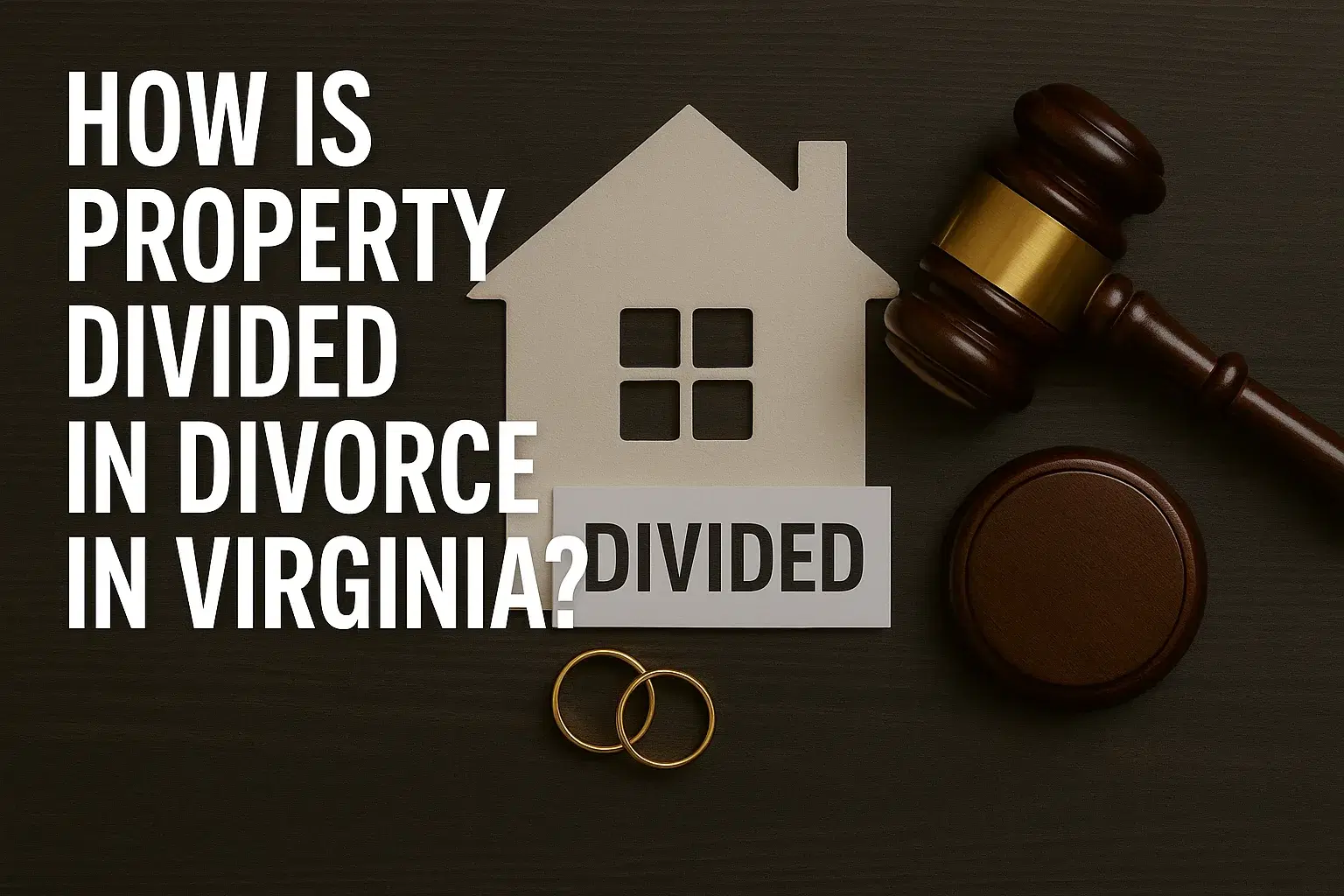
Attorney at Law
July 12, 2024
•
8 min read
In Virginia, when you divorce, your shared property and debts are divided based on what is considered fair rather than what is equal. This process, known as equitable distribution, takes into account many factors. Understanding how this works can significantly impact the outcome of your divorce. Randall J. Borden can assist you in navigating the property division process during your divorce, providing support and guidance during this challenging time.
Equitable distribution is the legal process used in Virginia to divide property during a divorce. It’s important to know that “equitable” doesn’t always mean equal. Instead, it refers to a division that is fair based on the circumstances of each spouse. The court considers several factors to determine this fairness: the duration of the marriage, each spouse’s financial and non-financial contributions, the reasons for the divorce, and each person’s future financial needs, among others. For example, if one spouse stayed at home to raise children, contributing non-financially, this is taken into account alongside direct financial contributions like salary. Understanding these factors can help you anticipate how your assets might be divided and prepare you for the financial realities post-divorce.
In Virginia, property is clarified as either marital or separate during a divorce. Here’s how they differ:
Distinguishing between these can be complex, especially if separate property has been mixed with marital assets.
In Virginia divorces, not only assets but also debts must be divided between spouses. This includes any financial obligations accrued during the marriage, such as credit card debts, loans, and mortgages. These are considered marital debts and are subject to equitable distribution, just like marital assets. It’s essential to accurately assess who incurred the debt and why. For instance, debts taken on for family expenses or home improvements are typically split between both parties. Understanding how debts are divided can prevent surprises and ensure that both spouses take on a fair share of the financial responsibilities as they move forward separately.
Prenuptial agreements play a significant role in how property is divided during a Virginia divorce. These agreements, made before marriage, specify how assets and debts will be handled if the marriage ends. While they primarily protect pre-marital assets, they can also outline responsibilities for marital debts and define what constitutes marital versus separate property. If you have a prenuptial agreement, it’s crucial to review it early in the divorce process to understand its impact on your financial separation and ensure it’s enforced according to your expectations.
At Randall J. Borden, we understand the complexities of property division in Virginia divorces. Our team is here to guide you through every step, ensuring your rights are protected and your financial future is secure. Whether you need help interpreting a prenuptial agreement or navigating the division of assets and debts, we can help. Contact us today to schedule a consultation and start moving forward with confidence.
Randall J. Borden is a seasoned attorney with over 30 years of legal practice in Virginia, specializing in family law. His extensive experience encompasses a broad range of family law matters, including but not limited to, Custody, Child Visitation, Divorce, Property Settlement, and Spousal Support. Randall's approach to law is client-focused, ensuring that each individual receives personalized attention and tailored legal strategies that best suit their unique situation. Throughout his career, Randall has built a reputation for being a tenacious advocate for his clients, while maintaining a level of compassion and understanding that is crucial in family law cases. His commitment to providing high-quality legal services is evident in his thorough preparation, meticulous attention to detail, and unwavering dedication to securing the best possible results for those he represents.
Contact Us
Attorney Borden also handles contested wills and other legal matters involving inheritance.
Powered by AG InfoTech